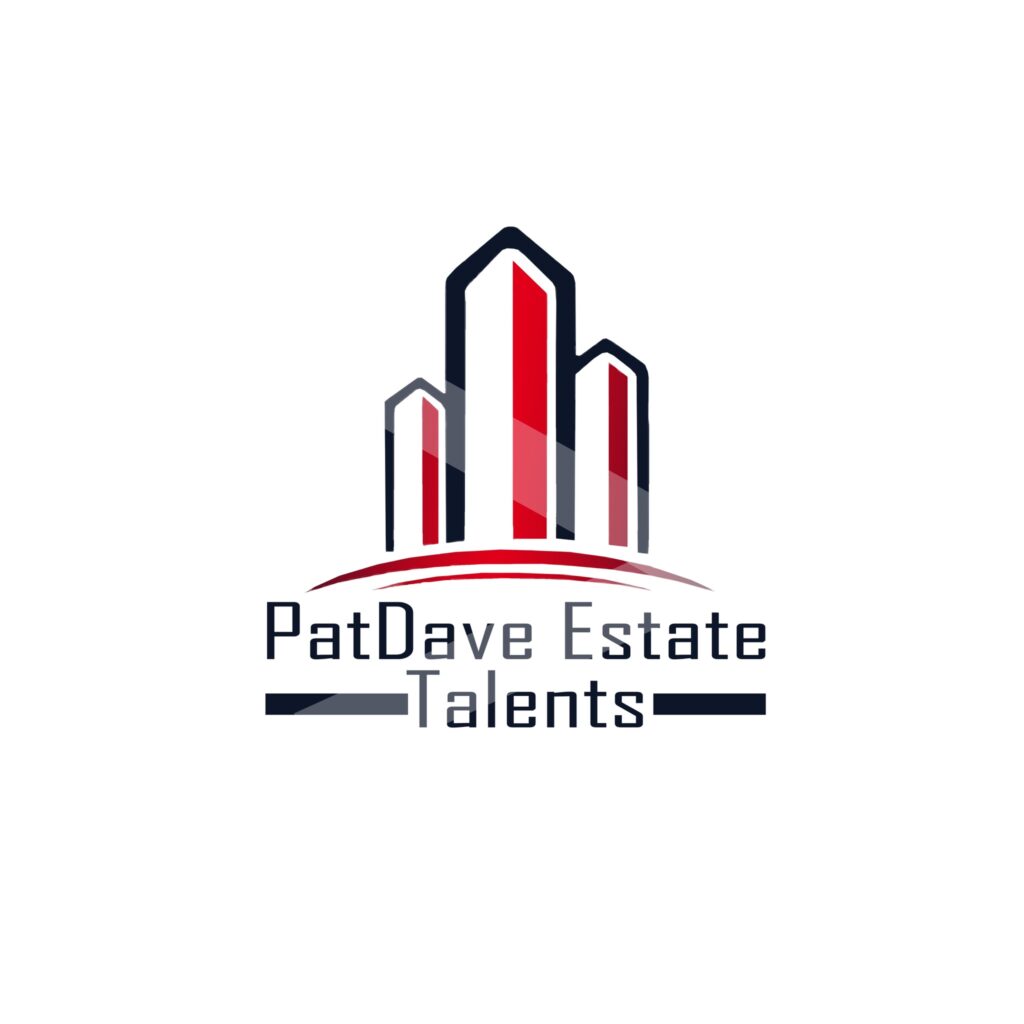Home
Budgeting Tips Renters Need to Take Seriously.
Renting a house is a big financial commitment and the biggest ongoing expense for a lot of people. Effective budget planning and management are crucial for preventing financial stress and leading a comfortable life. Here are some budgeting suggestions for Nigerian tenants to help you remain on course and steer clear of unforeseen financial pitfalls.
- Recognize your ratio of rent to income
Examine your rent-to-income ratio before to purchasing a rental property. Rent shouldn’t be more than 30% of your monthly salary, according to financial experts. Aim for rent that is within ₦90,000 if your monthly income is ₦300,000. This frees up funds for other expenses like savings, food, transportation, and utilities.
- Take Utility Bills into Account
One component of the equation is rent. Tenants in many parts of Nigeria are in charge of paying utility bills, which include those for waste management, water, power, and even security fees. Make sure your monthly budget accounts for these expenses. When consumption is higher, such as during the dry season when cooling demands may cause energy use to increase, estimate high.
- Take Service Fees into Account
Service fees that cover amenities, security, and upkeep are common in gated communities and apartments. Make sure you are aware of the entire cost of living in your rental unit because these fees might vary greatly depending on the property. To prevent being caught off guard, always factor these fees into your monthly budget. - Make an Emergency and Repair Plan
You could have to pay for little repairs or emergencies like plumbing leaks or replacing a broken appliance, even though landlords are usually in charge of larger repairs. To prevent using up your main budget, set aside a small amount for unforeseen repairs or replacements.
- Costs of Deposit and Renewal
The security deposit might be a significant up-front cost when relocating to a new residence. Furthermore, some landlords might demand that tenants pay several months’ worth of rent up front. To prevent financial burden on the day of the renewal, start arranging for the rent renewal several months before your lease expires. The burden might be lessened by having a renewal savings strategy.
- Remember to Include Moving Expenses
Rent isn’t the only expense associated with moving to a new apartment. Transportation, hiring movers, or buying new appliances or furniture will all cost money. Plan ahead and include these one-time expenses in your moving budget because they can mount up quickly. - Create a Fund for Savings
You never know when an emergency, like losing your job or getting sick, will arise because life is unpredictable. As a safety net, try to save at least three to six months’ worth of rent. In times of hardship, this will offer you financial stability and peace of mind.
- Watch Out for Hidden Fees
Inquire about any hidden fees before signing a rental agreement. Unlisted fees for parking, upkeep, or extra security may apply to certain rentals. To prevent unforeseen costs later on, carefully go over the terms of your lease and make any clarifications that appear unclear. - When it’s feasible, negotiate
If the house has been on the market for some time, don’t be scared to haggle over the rent. Landlords occasionally provide flexible lease terms or discounted rates for early payments. Your budget will have more space for other costs if you even slightly lower your rent.
- Make Use of Budgeting Resources
Utilize tools and applications for budgeting to keep tabs on your spending and savings. You may manage your money with apps like Mint, YNAB (You Need a Budget), or simply a basic Excel spreadsheet. The intention is to keep you informed about how your money is being spent so you may make any required adjustments.
If you plan for every expense and have a sensible budget, renting a house in Nigeria can go smoothly. You may live comfortably within your means, prevent financial stress, and be ready for any unforeseen circumstances by putting these recommendations into practice. Renting sensibly and making sure your house stays a haven of comfort rather than a cause for concern require sound financial management.


Pingback: Navigating the Rental Market in Lagos: Tips for Tenants and Landlords. - Patdave Estate Talents